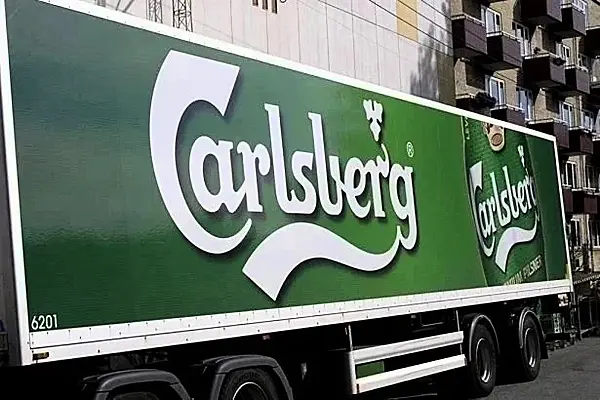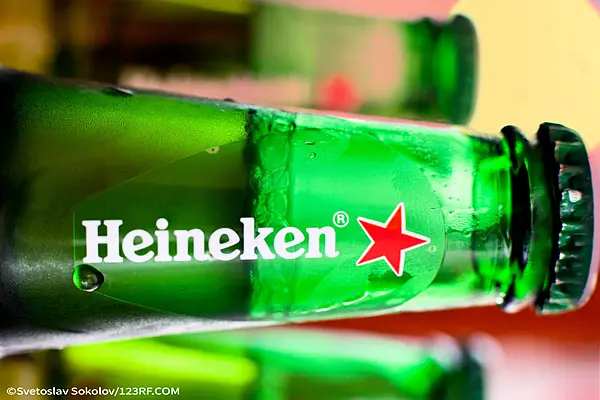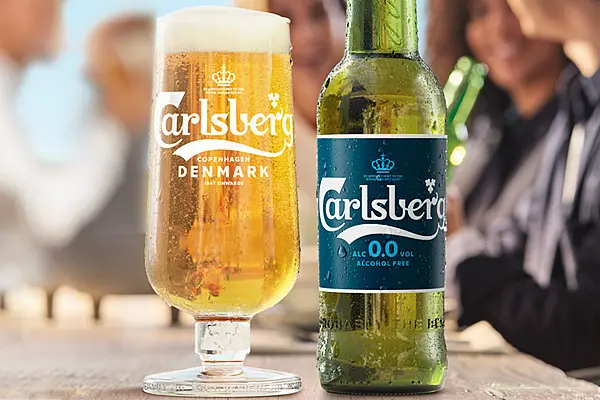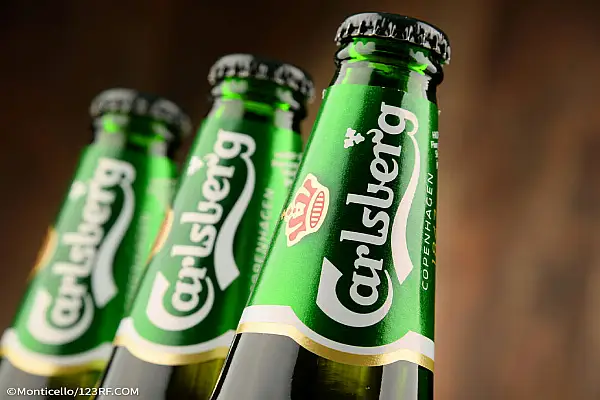Danish brewer Carlsberg CARLb.CO said on Thursday 28 April rising consumer prices had not dented demand for beer, as it geared up for further price increases in some markets later this year to make up for soaring commodity costs.
Details
The message from Carlsberg echoes that of other large European companies like Nestle NESN.S and Danone DANO.PA saying that they had successfully managed to pass on higher costs to consumers without harming sales.
The world's third-biggest brewer said sales rose 27% in the first quarter, with the strongest growth in Western Europe despite economic uncertainty from rising inflation.
"We've learned from previous crises that when consumers can't afford to go on holiday or spend money on new cars and fridges, they instead focus on more affordable luxury items such as premium beer," Chief Executive Cees't Hart said.
"So far we've seen very little evidence of any consumer impact from higher beer prices," he said.
The rise in sales in the first quarter was in part due to a deflated comparison last year when coronavirus lockdowns closed many restaurants and bars.
Carlsberg, the western brewer most exposed to the Russian market, joined rivals Anheuser-Busch InBev ABI.BR and Heineken HEIN.AS in seeking to withdraw from Russia after Moscow invaded Ukraine on 24 February.
The brewer had seen interest in its Russian business, but it was difficult to say what price it could achieve, Hart said.
"We're making good progress, but it may take quite a while," he said, without naming potential buyers.
"(Our calculations) brought us to a certain valuation in the market. The question of course is whether we can get that valuation. That is difficult to assess," Hart said.
The company holds a 27% share of the Russian market through its ownership of the country's biggest brewer Baltika.
Carlsberg last year generated 10% of its total revenue and 6% of its operating profit in Russia, where it has eight breweries and 8,400 employees.
Hart also said that it had reopened its Ukrainian breweries in Kyiv and Lviv, although they were not running at full capacity.
The breweries were closed following what the Kremlin calls its "special military operation" to demilitarise Ukraine.
Carlsberg's sales in the January to March period totalled 14.9 billion Danish crowns ($2.10 billion), excluding its Russia business.
The company's shares have recovered slightly since it announced it would exit the Russian market, but remain down approximately 10% since the start of the invasion. They were trading 1.3% higher at 1022 GMT on Thursday 28 April.
Full-Year Guidance For Operating Profit
Carlsberg left its full-year guidance for operating profit unchanged with a forecast at between minus 5% and plus 2%.
News by Reuters, edited by Hospitality Ireland. Click subscribe to sign up for the Hospitality Ireland print edition.









